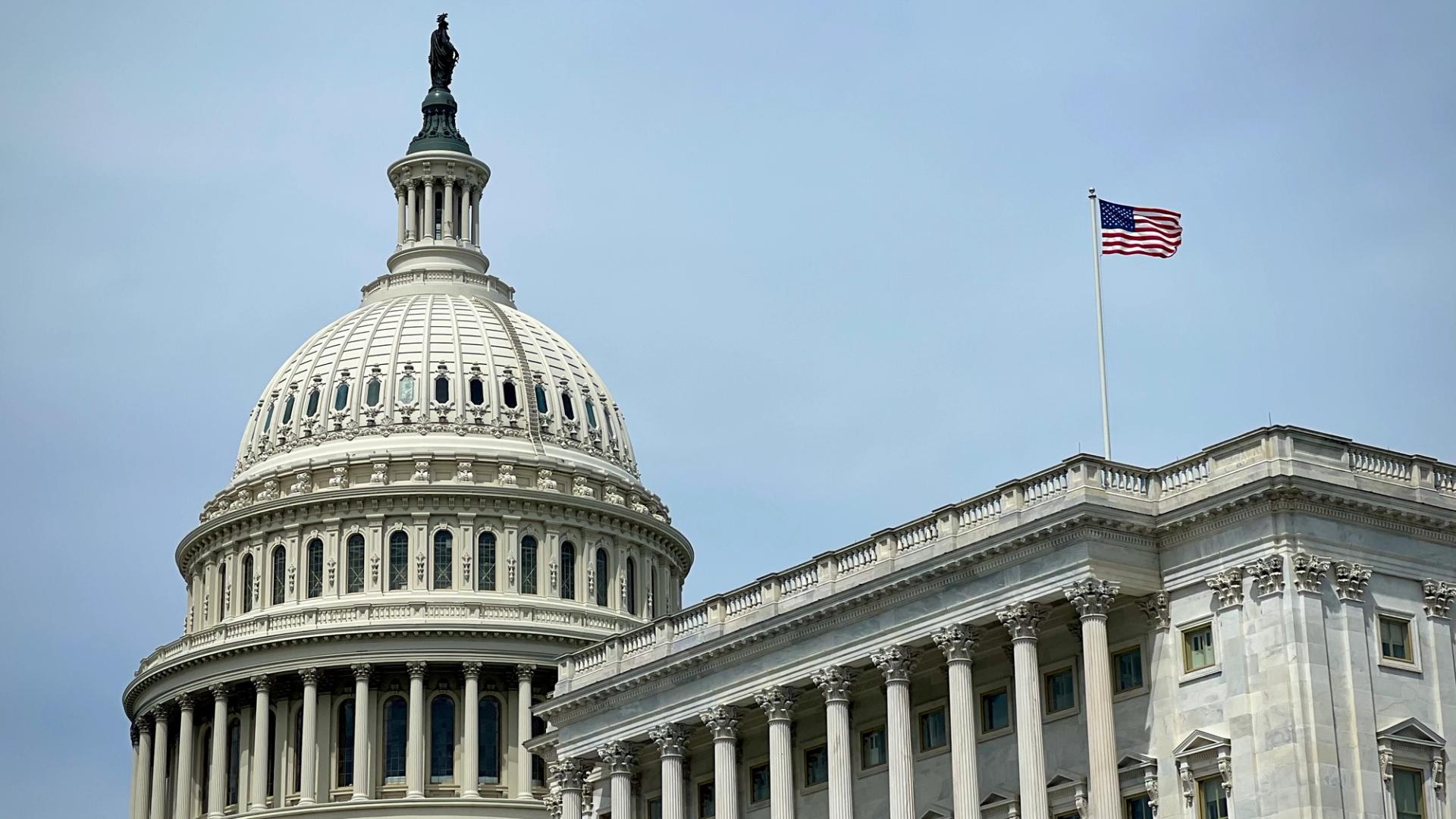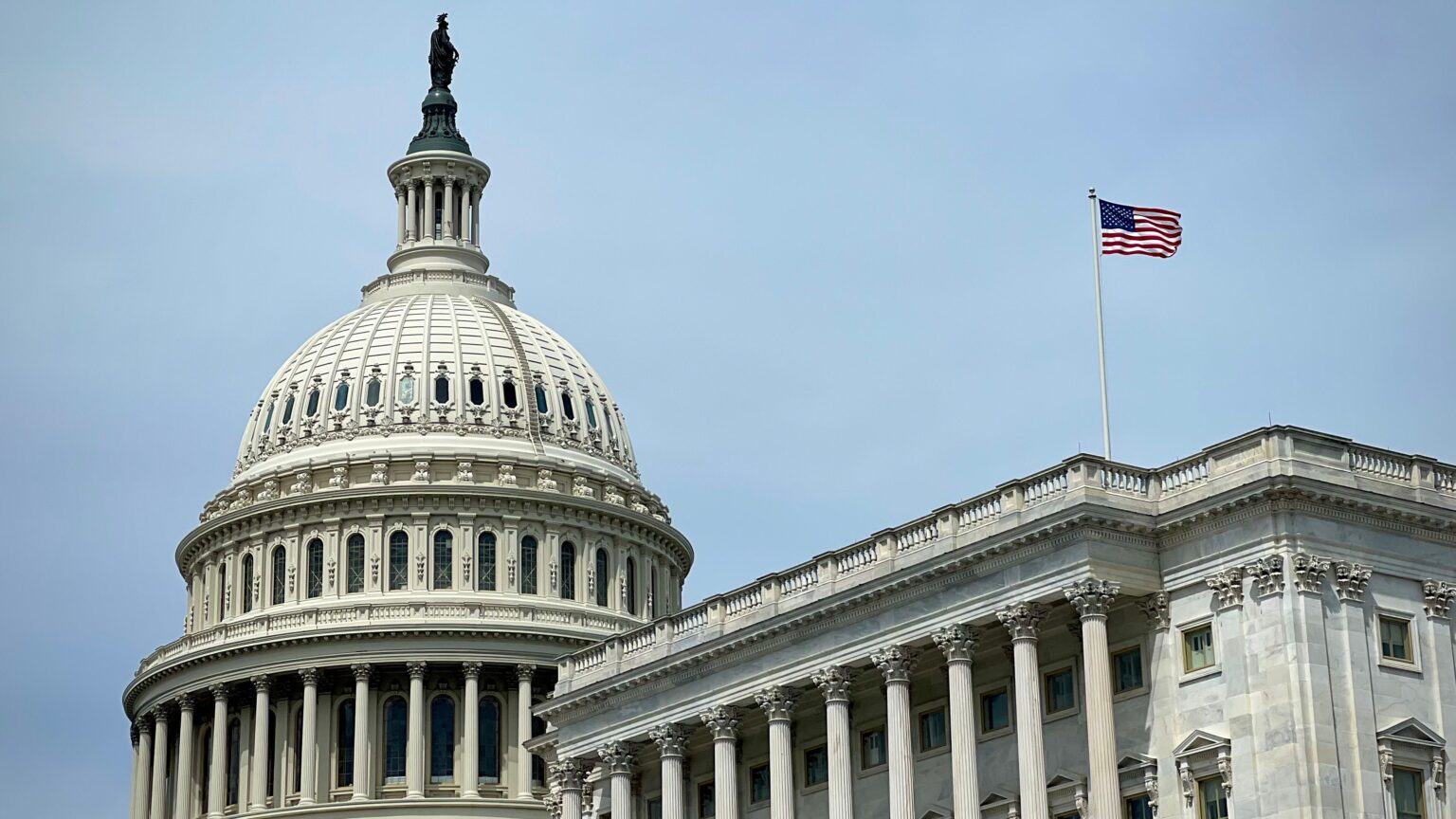
The Republicans of the American House of Representatives are moving ahead with legislation to draw up regulations for American crypto markets, which dissect that effort in a few hearings on Wednesday, but Democrats insist that the complex bill is in a hurry, and is poor requested in Crypto -Corrortie.
The House Financial Services Committee And House Agricultural Committee Both investigated the changes considered by the digital assets Market Clarity Act, with witnesses in the financial committee, including two former chairman of the Commodity Futures Trading Commission and a former acting chairman of the Securities and Exchange Commission.
Republican legislators praised the bill as an urgent, long-awaited answer to both the despair of the digital asset industry for clear rules and also to the concerns that crypto innovations will continue to flee abroad if the US does not correspond to the regulatory activities that is far ahead of other jurisdictions, including in Europe and Asia.
“This is the future, and we’d better get our act together,” said representative Bill Huizenga, the VICE chairman of the House Financial Services Committee, which argued that the status quo consumers offers zero protection.
Crypto accounts in both the house and the US Senate in this and the previous congress session have cleaned up several voice tests to demonstrate considerable two -part support. However, Democratic legislators who have been to the yes votes in committees and on the home and senate floors have suggested that the potential conflicts of interest in the personal crypto-business interests of President Donald Trump must be tackled to maintain that support.
Representative Jim Himes, a Democrat from Connecticut who was once a banker at Financial Giant Goldman Sachs Group Inc., said he is in that category.
“The way to deal with the Trump stuff is to ensure that this bill has literal-platina-consumer protection,” he said, referring to money limitations and also the language of the civil servants conflict. “I will not vote on this thing unless it is.”
Democrats have openly accused Trump of corruption in his crypto transactions, in which he and his family reportedly collect millions of profit and reimbursements from the industry – including anonymous foreign investors – as the federal government debates about how they can regulate the same activities that the Trumpps are involved.
Almost all Republicans on the Panel of Financial Services kept a distance from the main complaint of the Democrats and only mentioned Trump’s name when praising his administration for his crypto support. Then representative Andy Barr van Kentucky directly in the fight, in which he admitted the “carelessly discarded accusation of the Democrats and this unfounded politically motivated attack on President Trump” admonished.
“They know that the assets of the president are in blind trust managed by his children who are not members of the administration,” argued Barr, although blind trusts are formal similarities that leave their beneficiaries without knowledge of their investments – no description of Trump’s relationship with his family business. The legislator said that the opposition of the Democrats “is about them against the American leadership in crypto.”
Himes criticized Barr’s “poorly advised and cheap shot that we are working on politics.”
Democrats have also raised other issues with the Clarity Act of 236 pages, with the argument that they did not have enough time to get a grip on the enormously complex legislation, that it is not enough aimed at protection for consumers, falls short of dealing with crypto in illegal financing and possibly to use the new rules for existing securities agencies.
“On the one hand we try to protect people who invest in crypto, but on the other hand we do things that can undermine protection on our traditional securities markets,” said witness Timothy Massad, a former CFTC chairman who is now focusing on digital assets at the Kennedy School of Government.
“We should not mess up the existing securities instructions or standards,” said Himes, asking why the special exemptions for special securities regulation for certain investment contracts for digital raw materials should exist, with the argument that the exemptions of legislation can be misused by advanced securities lawyers.
But committee chairman French Hill argued that this bill is “more robust” about consumer and market protection than the predecessor legislation in the last session, which voted yes of 71 Democrats in the house.
Although the house may be able to promote controversial legislation more easily, the Senate generally requires broad two -part support to erase its specific obstacles. So, Democrats there must be on board before the bill for the market structure can become law.
Next week the Clarity Act can get a Markup in the Hill committee – a formal session in which legislation is discussed and amended before being possible to take the general house possible. The ranking democrat of the Panel of Financial Services, representative Maxine Waters, said this next phase on Wednesday could come on 10 June.
Read more: US House Republicans officially introduce a crypto market structure account



